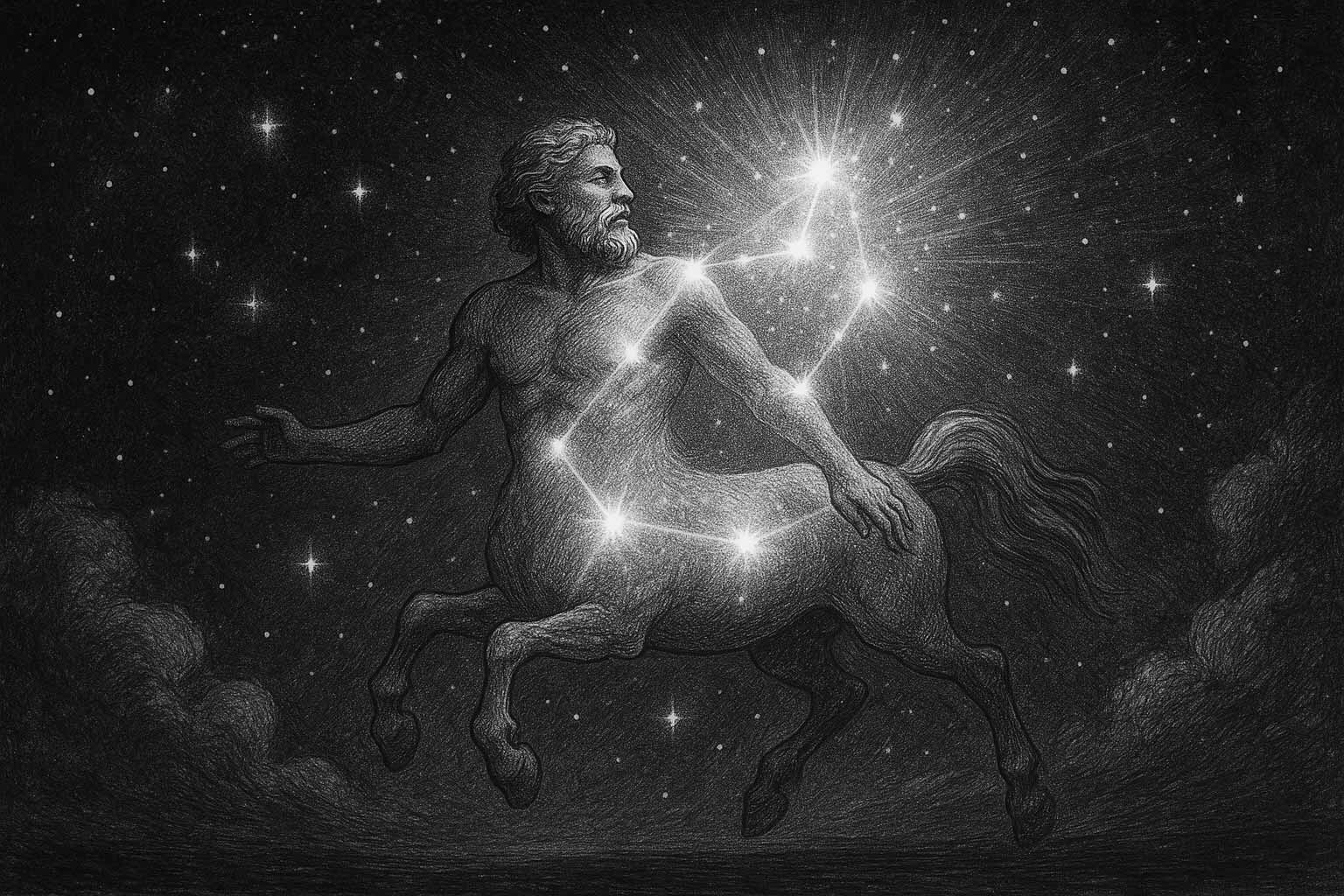
Re-Imagining the Wounded Healer
I’ve been thinking a lot lately about the myth of Chiron, known as the wise centaur, teacher of heroes, and the archetype we often call
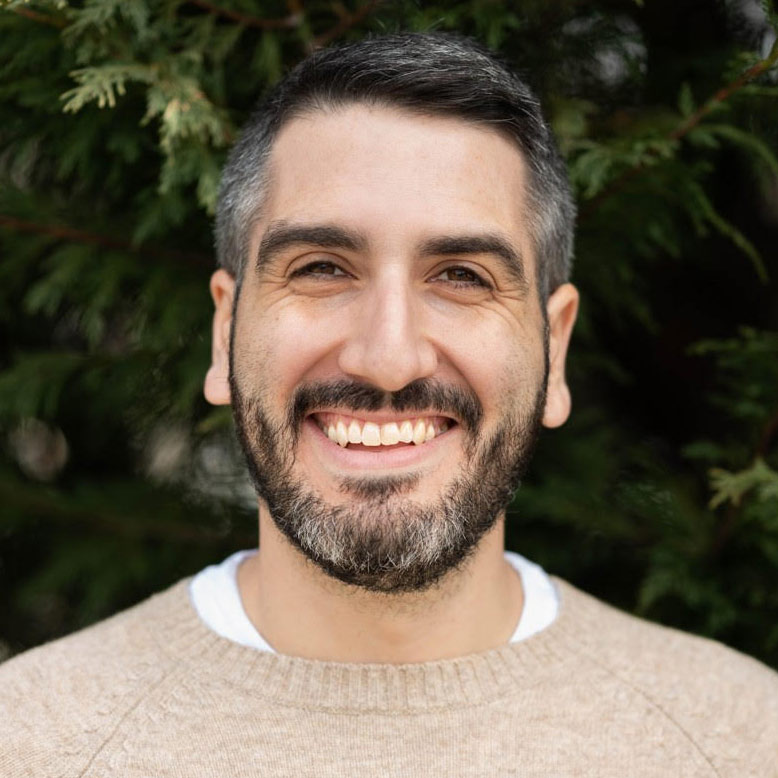
Corey Gamberg, LADC II, is a sought-after expert in the field of addiction recovery, known for helping individuals who feel disconnected or underserved by traditional recovery methods. His approach emphasizes the importance of restoring the soul in the recovery journey, blending his own experiences with innovative theories inspired by Carl Jung and James Hillman. Corey holds certifications in Jungian Psychotherapy from the Jung Institute of Chicago, Jungian Dreamwork from The Haden Institute, and Contemplative Spiritual Direction from The Alcyon Center.
With a background spanning roles from sober house operations to treatment center executive leadership, Corey co-founded The Family Restored, a non-profit dedicated to supporting individuals and families impacted by addiction. His work resonates with those who seek a deeper, more authentic connection in their recovery, offering profound and transformative experiences through individual and group sessions, speaking engagements, and training programs.

I’ve been thinking a lot lately about the myth of Chiron, known as the wise centaur, teacher of heroes, and the archetype we often call
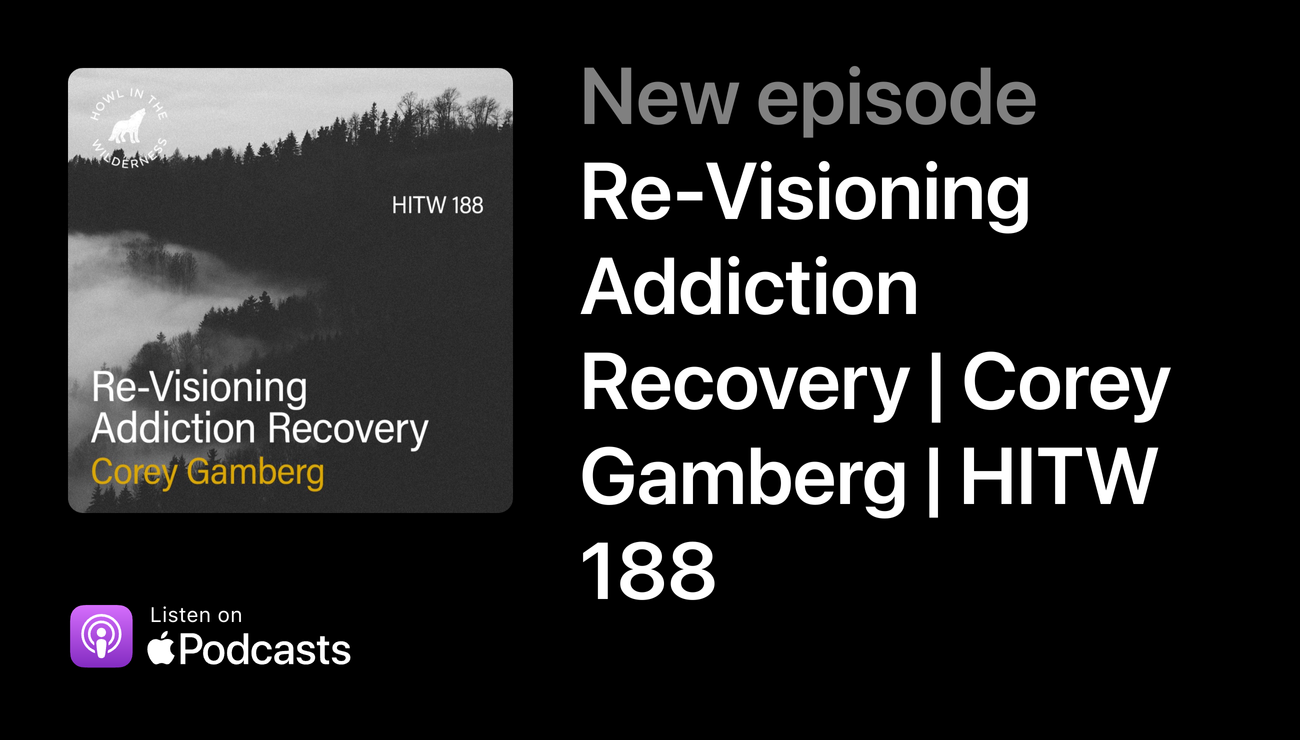
Corey Gamberg, LADC II, is a sought-after expert in the field of addiction recovery, known for helping individuals who feel disconnected or underserved by traditional
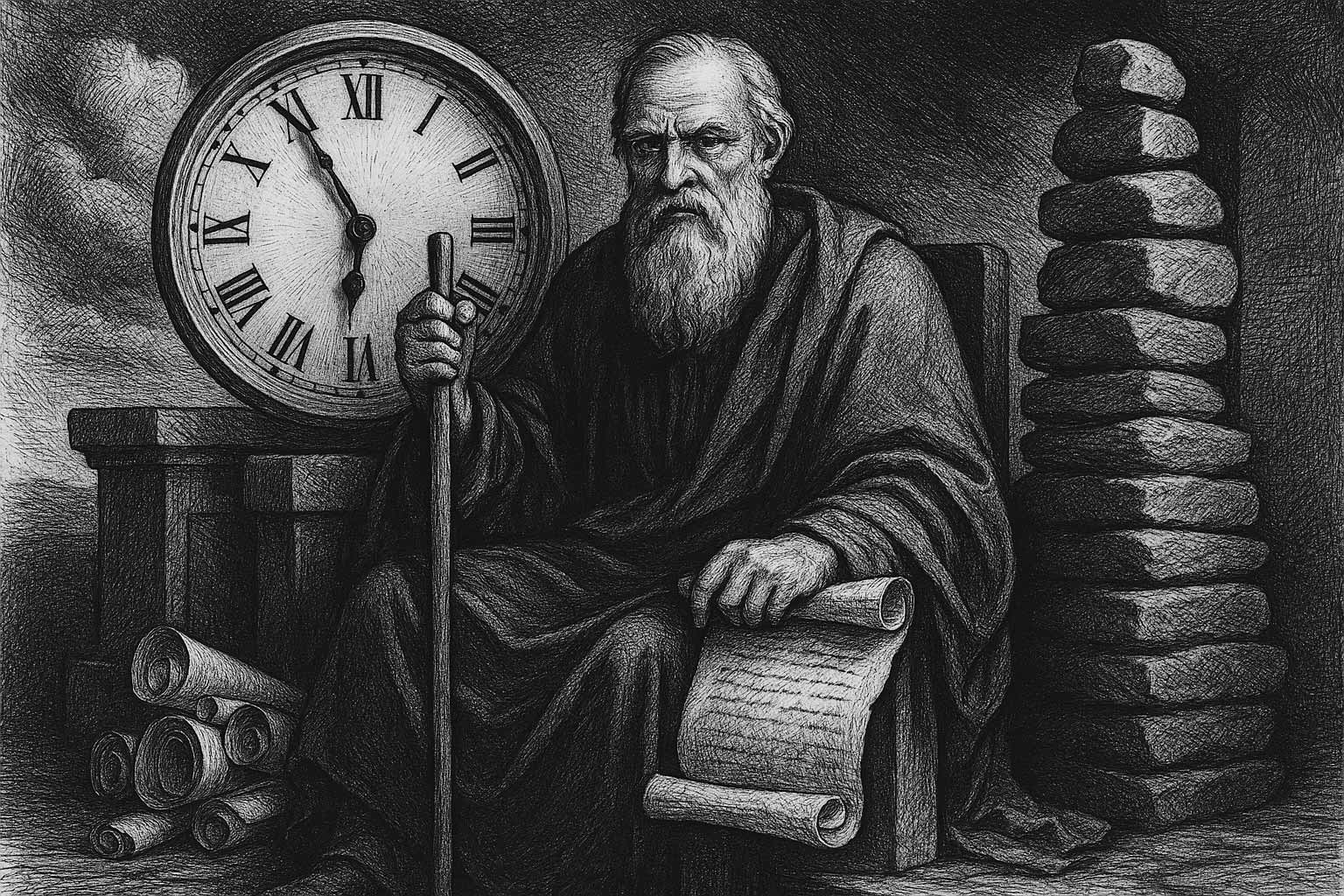
For most of those who suffer from the phenomenon of addiction, there is a familiar refrain: “I can’t imagine life ever getting better,” or, “I can’t imagine my

“The goal of the process is not to remain in the inner world but to bring its fruits to life.”
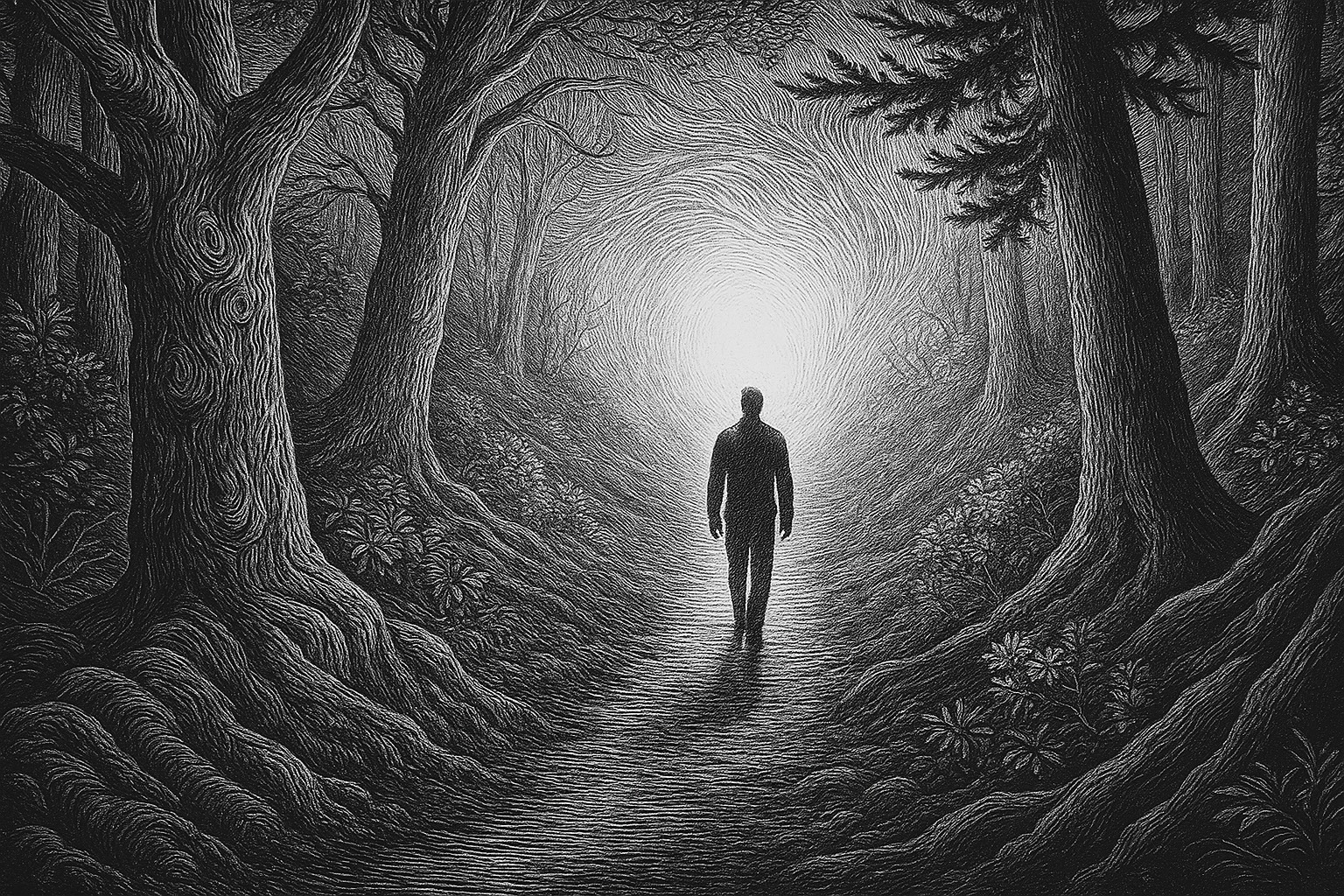
The third stage of transformation the alchemists called citrinitas ; the yellowing. It follows the slow dawning of the souls return in the whitening, just
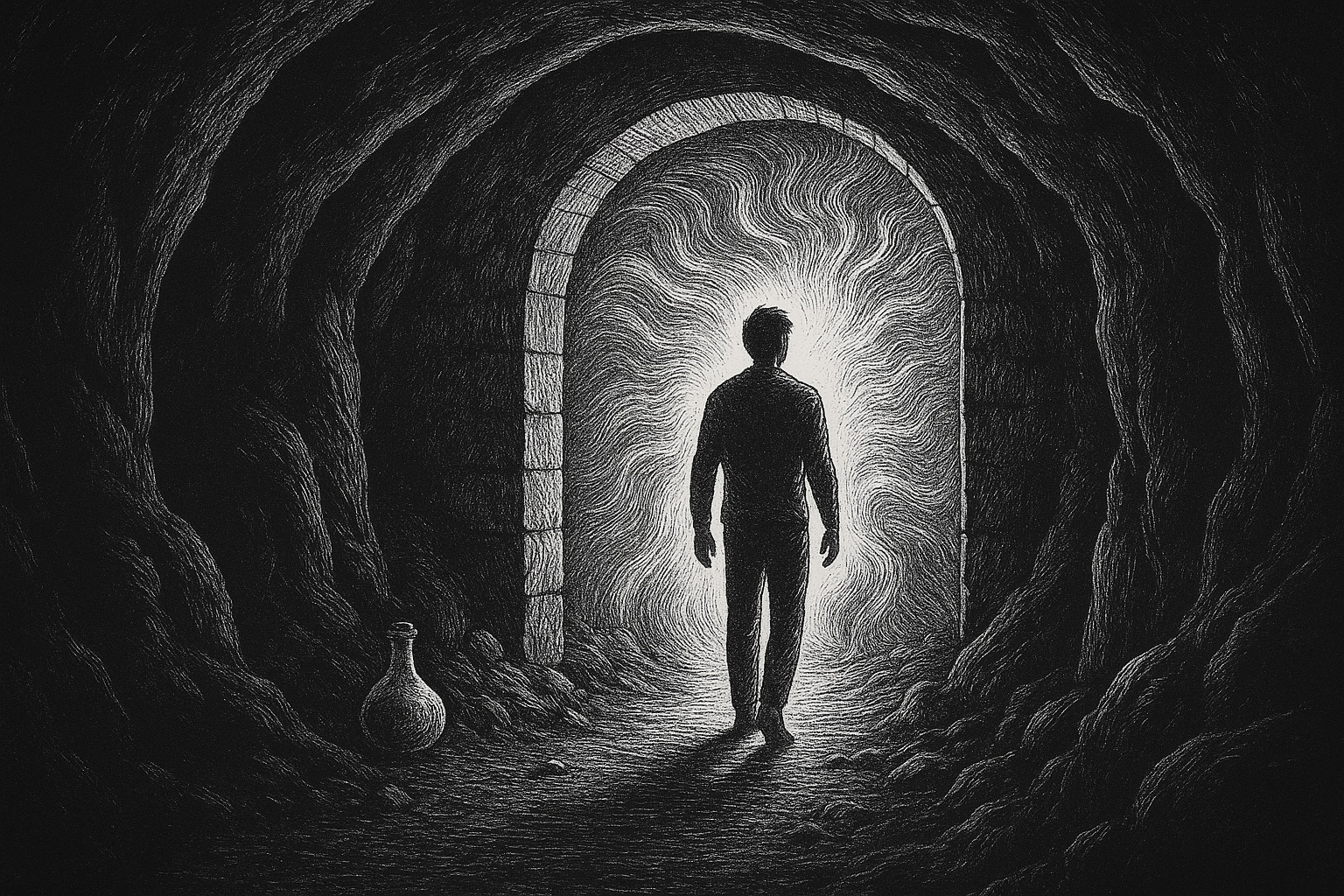
Through the lens of a Depth Recovery we imagine the albedo stage slowly begins when the soul, having been cooked and broken open in the vessel
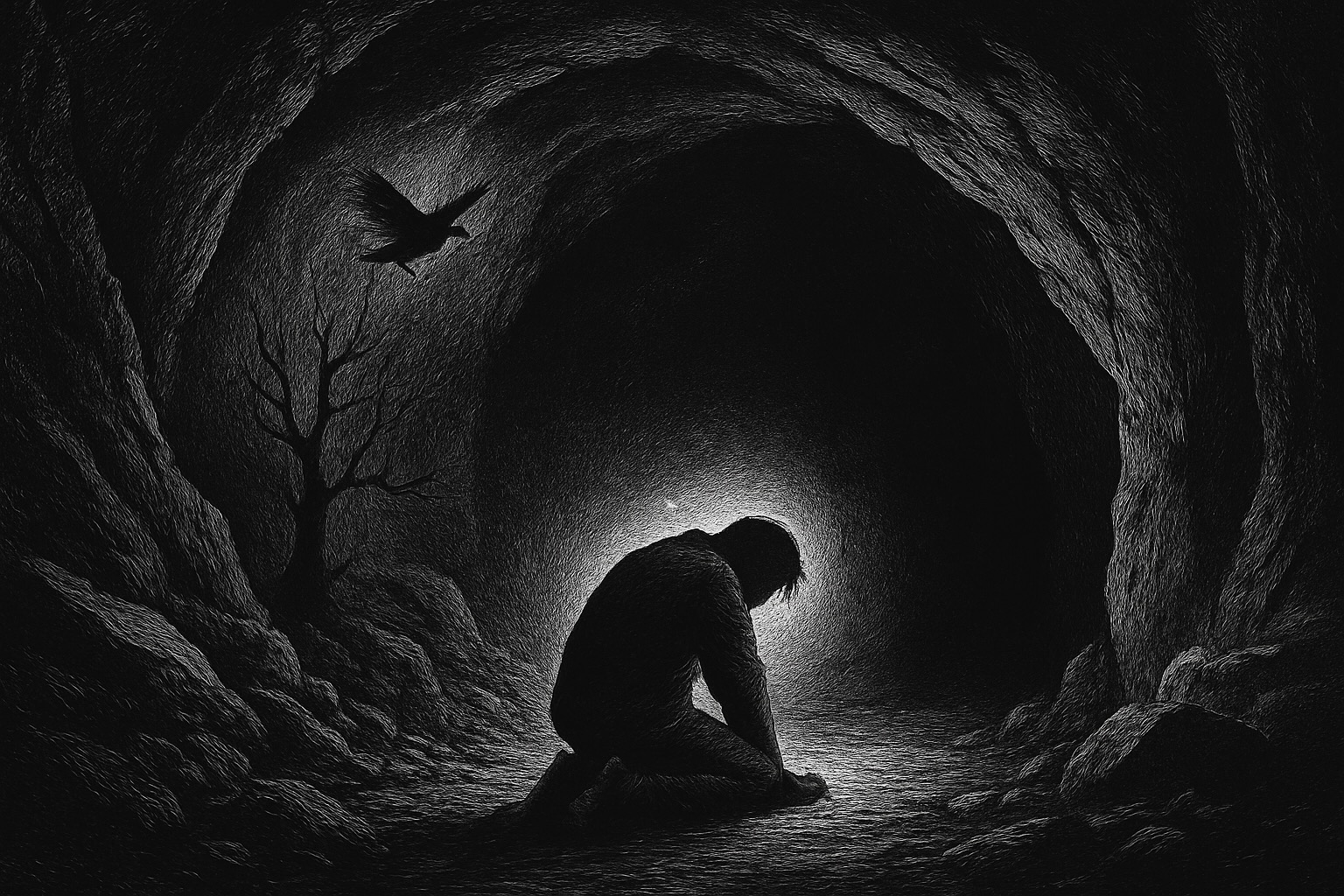
In the language of alchemy, transformation begins in the vessel. The alchemists called it the vas, the sealed container in which base matter was confined
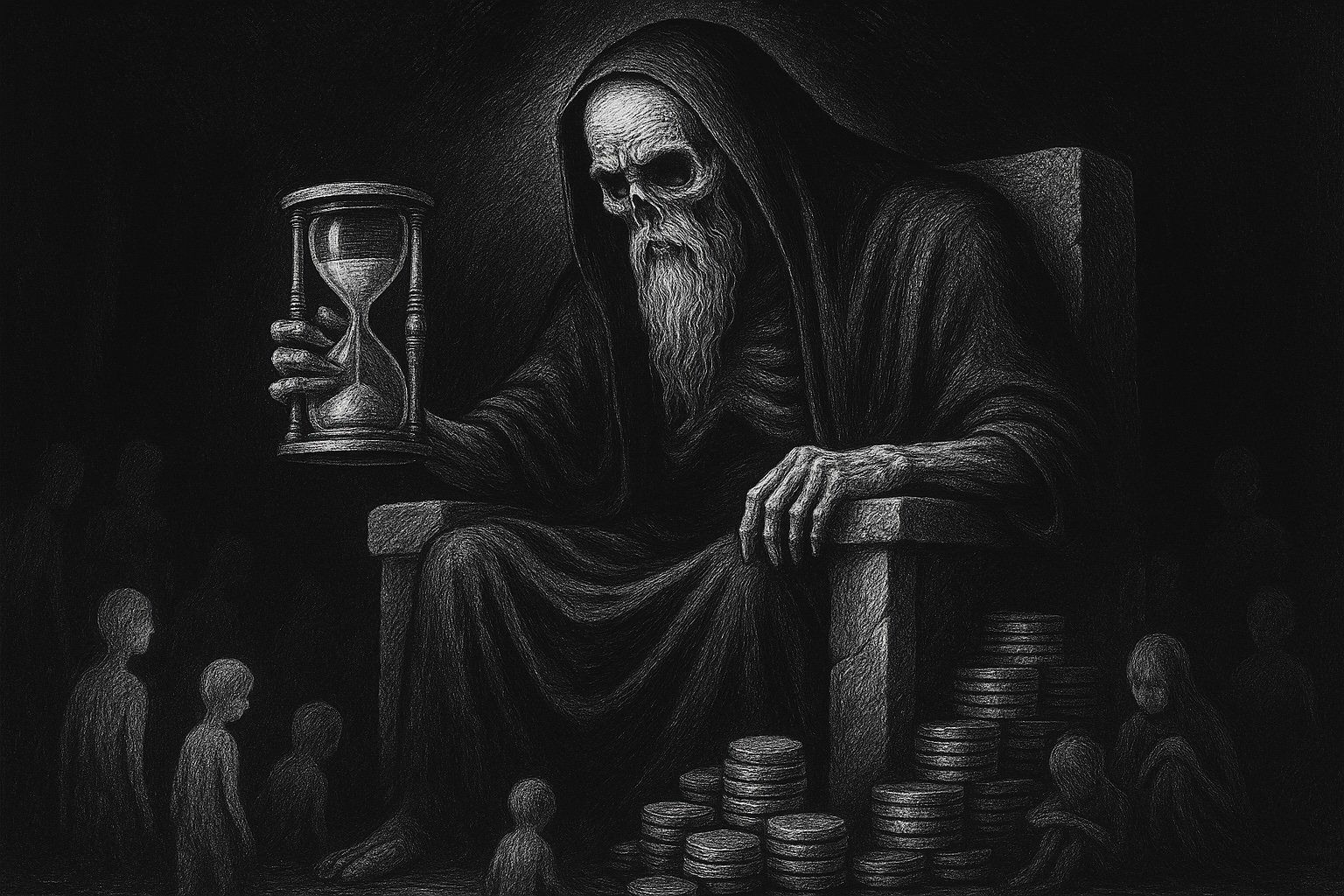
In the ancient stories, before Zeus, long before the gods of Olympus reigned, there was Cronus. Cronus ruled the cosmos with a terrible certainty. He

There is a part of us that longs to be seen, and there is a part of us that would rather be followed. In the